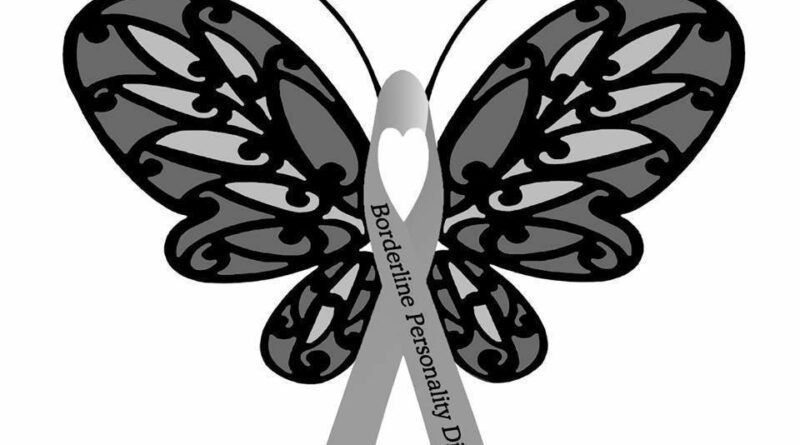The Best Borderline Personality Disorder Therapy
[Please note that this page contains affiliate links. If you choose to purchase after clicking a link, I may receive a commission at no extra cost to you.]
The best borderline personality disorder therapy is talk therapy, also referred to as psychotherapy. Borderline personality disorder (BPD) affects around 1.6% of people in North America. It is considered a long-term condition that can take years to find a borderline personality disorder therapy.
Psychotherapy educates people to learn the necessary skills for managing their emotions and thinking. There are many types of talk therapy, and each has its aims and methods.
Often, an individual will have tried several types of therapy to find the right one that helps them. It is often beneficial to start certain medications and talk therapy when diagnosed with BPD.
Unfortunately, there is yet to be medication from The Food and Drug Administration (FDA) approved as a borderline personality disorder therapy. Still, antidepressants, antipsychotic medications, and mood-stabilizers often will help with the anxiety, depression, and aggression associated with symptoms.
The Best Borderline Personality Disorder Therapy
A BPD one-on-one session with the individual and the patient may want to be a part of a therapist-led group meeting.
Nowadays, more and more therapists offer video calls or phone contact between therapy sessions.
Group therapy sessions are practical to help people with BPD learn to express themselves successfully and develop healthy interpersonal relationships.
Dialectical Behavioral Therapy (DBT)
DBT uses group and individual therapy sessions to help people regulate difficult emotions and works as a borderline personality disorder therapy.
The main goal of DBT is to teach people the proper skills that improve mindfulness, control emotions, help deal with distress, and grow healthier relationships. The clinical psychologist Dr. Marsha Linehan invented DBT for people with BPD and those struggling with suicidal thoughts.
It is comparable to cognitive-behavioural therapy (CBT), but DBT concentrates more on relationships and emotions. DBT works best by having weekly individual therapy, homework tasks, group therapy and training sessions, and video and telephone support if needed from the therapist.
According to a 2016 study, DBT is the only analytically backed therapy for BPD.
In addition, many older reports confirm that DBT significantly reduces self-harm hospitalizations and helps keep people in treatment.
Mentalization-based treatment (MBT)
The focus of MBT is to help people with BPD better apprehend their mental states and the emotional states of others.
The main problem is that those with BPD are met with great difficulty understanding people, which prevents them from building a stable foundation for relationships. MBT demonstrates to people how they may be reading the feeling, emotions, and thoughts inaccurately.
It supports them in taking a step back and evaluating whether their beliefs and thoughts are realistic and practical.
A 2019 study proved that MBT might be just as effective as other therapies for BPD. Although, the scientists recognize that many of the studies analyzed were not high-quality with possible biases.
More and better-quality studies need to be done for MBT as an effective borderline personality disorder therapy.
Systems Training for Emotional Predictability and Problem Solving (STEPPS)
STEPPS therapy is a group therapy program where people attend alongside other therapy types.
STEPPS labels BPD as an “emotional intensity disorder” and educates people on properly regulating their behaviours and emotions. STEPPS is also beneficial for family members, friends, and other people in the circle of support to better understand BPD.
The main goal here is to help form healthier relationships with people who reinforce the new skills that the individual with BPD is learning. Furthermore, STEPPS teaches self-care skills, like sleep, healthy dieting, guidance, and self-harm prevention skills.
STEPPS is a very effective borderline personality disorder therapy. A small, nonrandomized trial comparing STEPPS with DBT showed that both successfully reduced BPD symptoms over six months but that Dialectical Behavioral Therapy was better at reducing behavioural symptoms.


